Last year, I read something that fundamentally shifted the way I went about the world.
My friend and fellow workaholic Chani gifted it to me one fateful night. She keeps copies in her garage to give out to anyone she thought needed it (a practice I also have with The Pocket Pema Chodron).
Do Nothing. (A title I actually don’t love as I think it would more accurately be called Do Less.) At this point in my life, I’d been in the process of de-brainwashing myself and discovering the very obvious fact that there was something more to life than making a career. In a post-2020 world, we’re all starting to come to this realization (I hope) which has spurred a range of books, reports, and essays on the topic. But Celeste lays out the historical and economic context (without a white lens) for why America is the most overworked country in the world, while also offering some solutions. It was this passage, a few pages in, that hooked me.
“Imagine that you need to learn how to swim. You read books on swimming, you buy a DVD series on the subject, you participate in a webinar about it. Maybe you install several apps on your phone that track your swim time and help you find the nearest pool. You do everything you can to learn how to swim, except get into the water.”
Jaw dropped. Draaaag me! My affection for self-improvement schemes didn’t make me special, they just made me do needless work, duh. I’m still learning that being a productive worker is not the same as being a good worker, but damn, I forgot that my productivity lifestyle also seeped into the non-work areas of my life — hobbies, relationships, family — that should be, in their very nature, devoid of that kind of thinking.
Very important clarification: Celeste’s use of the word “work” is not the hours we clock in order to eat, survive, or meet our basic needs. But rather, “work” as in, what we do above and beyond to please our bosses, coworkers, companies, clients; or how we compulsively self-improve with a faulty idea of “life purpose” entwined with the sneaky promise of financial futurity.
In 2017, America chose not to take 705 million vacation days. That means Americans donated $62 billion to their employers in one year. (Never have I felt more validated in my Taurean impulse to take some kind of vacay every month or two.)
Recently pointed out on Twitter, the average rent in the US is around $1,700. To be "financially stable," or simply not evicted from your home, it's advised you make 3x your rent, which is $61,200 a year. That’s the minimum annual income we should all be making, and well, most of us just aren’t making that.
So in skipping out on leisure time, Celeste writes, “we’re trading leisure time for money, and because wages haven’t grown much, the trade isn’t a good one.”
Another mind-exploding thing I discovered while reading was the fact that among the most powerful influences of the American work ethic is none other than the American church. In the early days of the Catholic Church, they taught its believers to perform good work in order to retain heaven. Remember, sloth is one of the seven deadly sins! (Has Tyra taught you nothing?)
When Martin Luther (not King Jr.) entered the picture, it was different. Because he despised gifts as a practice to get into heaven, he taught that hard work was a gift from God, a testament of good faith, and that idleness should only be enjoyed after death. DEATH! These were some of the earliest forgings of the so-called “American Dream” and its spirit of capitalism and efficient labor. And not for nothing, but in 1905 the Episcopal bishop of Massachusetts taught its parishioners “to seek for and earn wealth as a sign of a natural, vigorous, and strong character.” This was likely because he was a good friend of a one J.P. Morgan who had helped him raise $5 million for his church.
This American Dream has fueled centuries of disinformed people who believe they can rise to riches through honest labor, when the people who tend to be at the top got there, well, dishonestly. And on a bodily level, more than half of American doctor visits are from stress-related illnesses, provoking my own memory of how the only hospital visits I’ve ever had were from a “spontaneously” collapsed lung, which deflated twice during two of the most stressful, work-induced periods of my life.
Yet, research shows that people who take at least eleven days of vacation are less likely, not more, to get a raise. There are many studies to show, overwhelmingly, that countries with work structures that have fewer hours produce more, period. And though many tech companies like to offer flexible hours or unlimited paid time off, the trick is that their work cultural actually discourages it.
Consider the ant. In a study by Georgia Tech, scientists observed busy ant colonies and found that only a small group of the ants did the majority of the labor, while the others were mostly chillin’. (This makes even more sense if you’ve ever watched the socialist revolutionary text that is A Bug’s Life.) Too many ants in the tunnel meant an impeded process. Do y’all ever feel you’re in a dark, crowded trench, going somewhere you didn’t want to go, and you had to do it all again tomorrow? Anyone who’s ever taken public transportation to work, to start.
The spreading of anti-work mentality is nothing short of urgent. This is one wild and precious life, with wild and precious hours. People, not work, are a fundamental human need. As our lives drew lonelier and more isolated in the pandemic, so many of us sought refuge at work where most get their primary source of social contact. And many that don’t work are replacing real-life friends with online relationships altogether. Some scientists argue that as much as 40% of our cognitive effort is devoted to switching back and forth between texts, emails, apps, social media, and web links. And since overworking has proven negative health benefits all around, in the immortal words of Britney, our loneliness is killing us.
I’ve left a stable, salaried, 9-to-5 job three times in my life in order to pursue a lesser-paid passion. Each time, I didn’t have enough money saved and it ended up being incredibly difficult, if not perilous. But I never regretted it. In fact, each time, I wished I’d done it sooner.
When I left my job in 2020, I adopted a work day that ends around 2 or 3 pm, starting anytime between 8:30 and 11 depending on how slow my morning is. If you work a four-hour work day, which in my professional experience, still gets what needs to get done, that’s essentially a working year of six months, or the equivalent of taking every other year off. If you’re one of those people who say to themselves, “actually I need the structure.” “A 9-to-5 is actually the thing that works for me.” I promise that no, actually, you don’t need it. You can unlearn anything you want to, you just need a good community and your time back.
Believe in your own work ethic, your drive. I’ll diverge from Celeste briefly and admit that working insane 90-hour work weeks in my early twenties is at least part of my success now. But if I could do it differently, I would. I would have done less. My work ethic doesn’t have to be beholden to the structures it’s routinely guided by. These past years have been the first I’ve been able to take fewer jobs and opportunities, giving me freer time to pursue gigs that involve less work for more pay. Working rigorously on projects for a month or two, and then mostly not-working for a month or two, has also proven to be an incredible pace of life. But truthfully, yes, this is a privilege, and even more truthfully, I currently find myself in the most financially precarious situation I’ve been in since 2018 and cannot currently carry this work cadence. And I’m not alone in that, as the current economy and real estate situation has left me and all my freelance friends brokey broke. So how in the heck do we work less?
If you don’t work a 9-5 currently, that’s probably what you’re thinking at this point. Something else I’ve done is turn off every notification on my phone except for Messages (yes, I even block email and calendar pings). This has radically adjusted my attention span, and made me less reliant on my phone for the things I need, though I still have a long way to go in the phone-addiction department.
But this last idea is perhaps the most important: Use your spare time to follow your creative urges. Especially those that don’t make you money. Pursue hobbies. Make plans with your friend-crushes. Start a writing project that no one might see. Plan cheap little excursions and constantly encourage your friends to play hooky. I want, so badly, to do creative projects with my friends that will never wind up on my resume. I crave the brain I had before I entered the workforce, one filled with creative dreams, stories, doodles, ideas.
Think to yourself, what was your brain like before *gestures dismissively* all this. Before you started running in the adderall-infused hamster wheel of late-stage capitalism, what did you do with your spare time? We used to be comfortable with the silence, with the nature of idleness. Now we’re more comfortable doing, becoming, instead of just being.
some things that brought me joy this week
1. In the spirit of this letter, I’ll recommend silencing all unknown numbers on your phone. As someone who’s been plagued by those wretched, daily, spam calls for years, this has brought me a new level of peace.
2. My beloved Justin recently shared Sasha Colby’s 2012 Miss Continental Performance, the year she won. Not only does it feature her signature neck-crack, but it proves that she really always has been that goddess.
3. The Tom of Finland store, which features not just things inspired by his work but a wide range of art and goods by queer makers, is having a moving sale. I’m on a spending freeze right now, so please pillage for me. <3
4. If you haven’t watched Love & Death yet on HBO, it is just so damn good. On paper, the premise of this true crime story is honestly so boring. Two church-going couples get entangled in an affair, and one of them dies. But Elisabeth Olsen’s performances is just so damn good. Her acting is an engine and I will be seated every Thursday.
5. Our pop cultural doyen Tre’vell Anderson just came out with a book called We See Each Other about Black, queer media throughout TV and film and it’s been looooong overdue for us to finally see their name on bookshelves. Go get yourself a copy, if you know what’s good for you!
6. Another rec from Jussy: I’ve been dealing with chronic neck pain for over a year, and tried everything to get back in shape. Chiro, physical therapy, acupuncture, stretching… The only thing that brought me significant relief, in fact disappeared my neck pain almost altogether, was an ergonomic neck pillow. (I’m a side sleeper.) I got this fancy one but there are cheaper models you can get that do just as well. Put a silk pillowcase over this bad boy and viola!
7. I’d like to give a hearty recommendation to wearing a bandanna as a top (worn either backwards or forwards). Look, I know you think you can’t pull it off, but I’ve seen all kinds of bodies try this look and to me it always hits. You just need to hunt for the right scarf, for the right girl. I believe in you!
this week’s action
On theme with this letter, I recommend following your local WGA resource to stay on top of what’s happening right now in the union. Check out the picket opportunities available to you! From what I seen online, they are a total blast, and it’s worth volunteering yourself to be a body in a crowd — you don’t have to be in the WGA to do so!
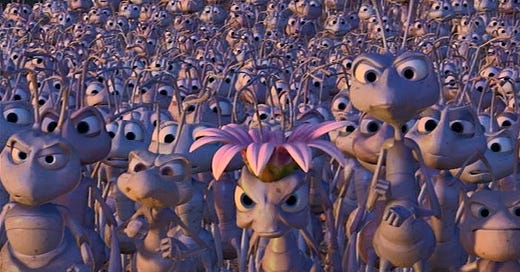



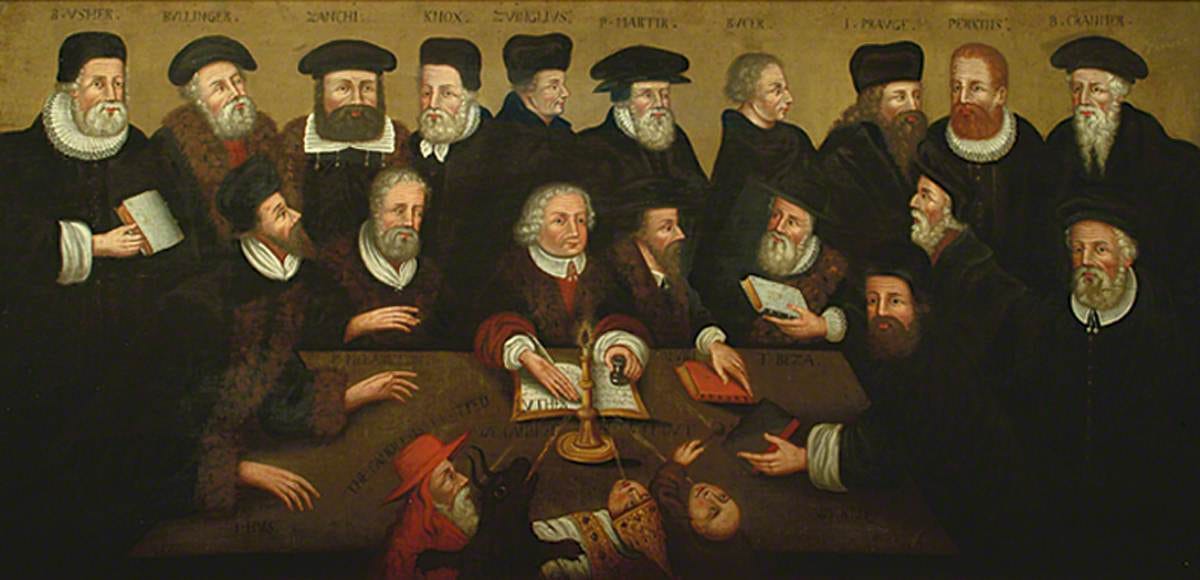

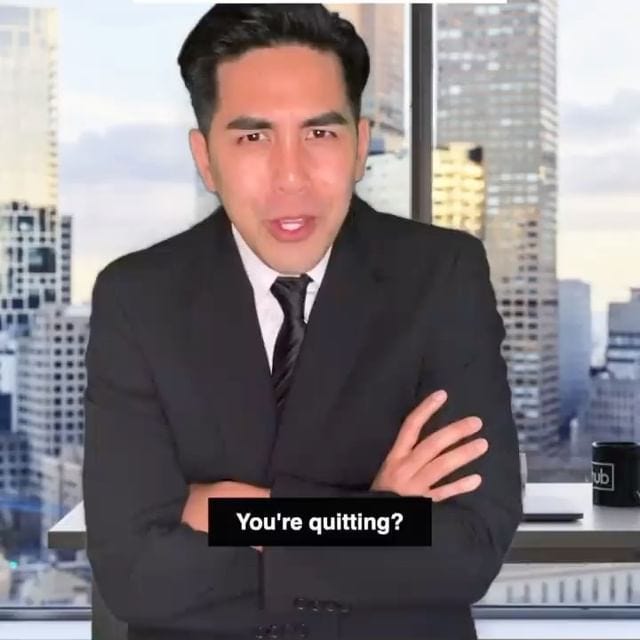
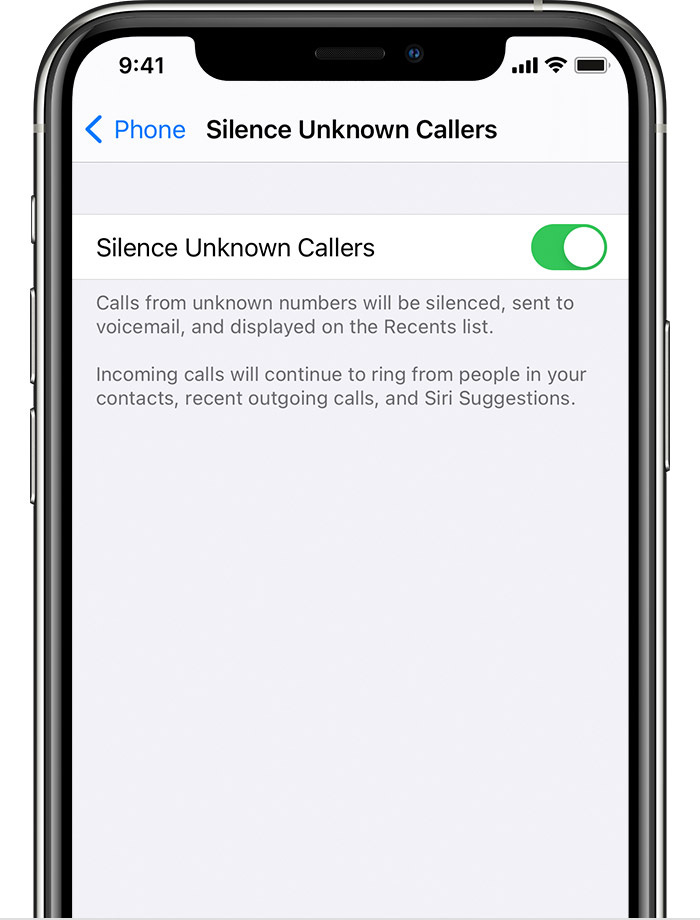
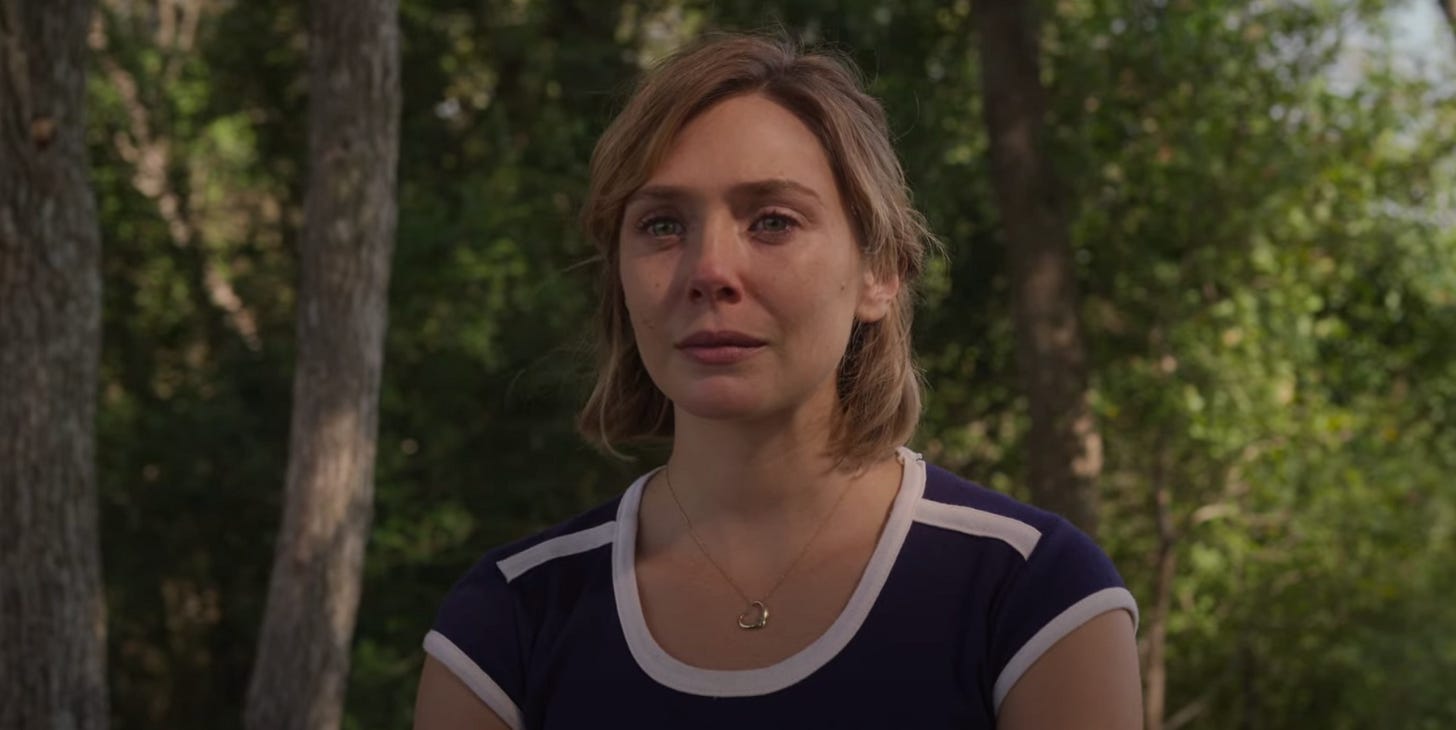


What's worse than work, work talk outside of work! Or when people meet you for the first time"so what do you do for work".
Always glad to read others’ thoughts on this -- work is ruining my life! In this vein, I just read and really loved “4000 weeks”